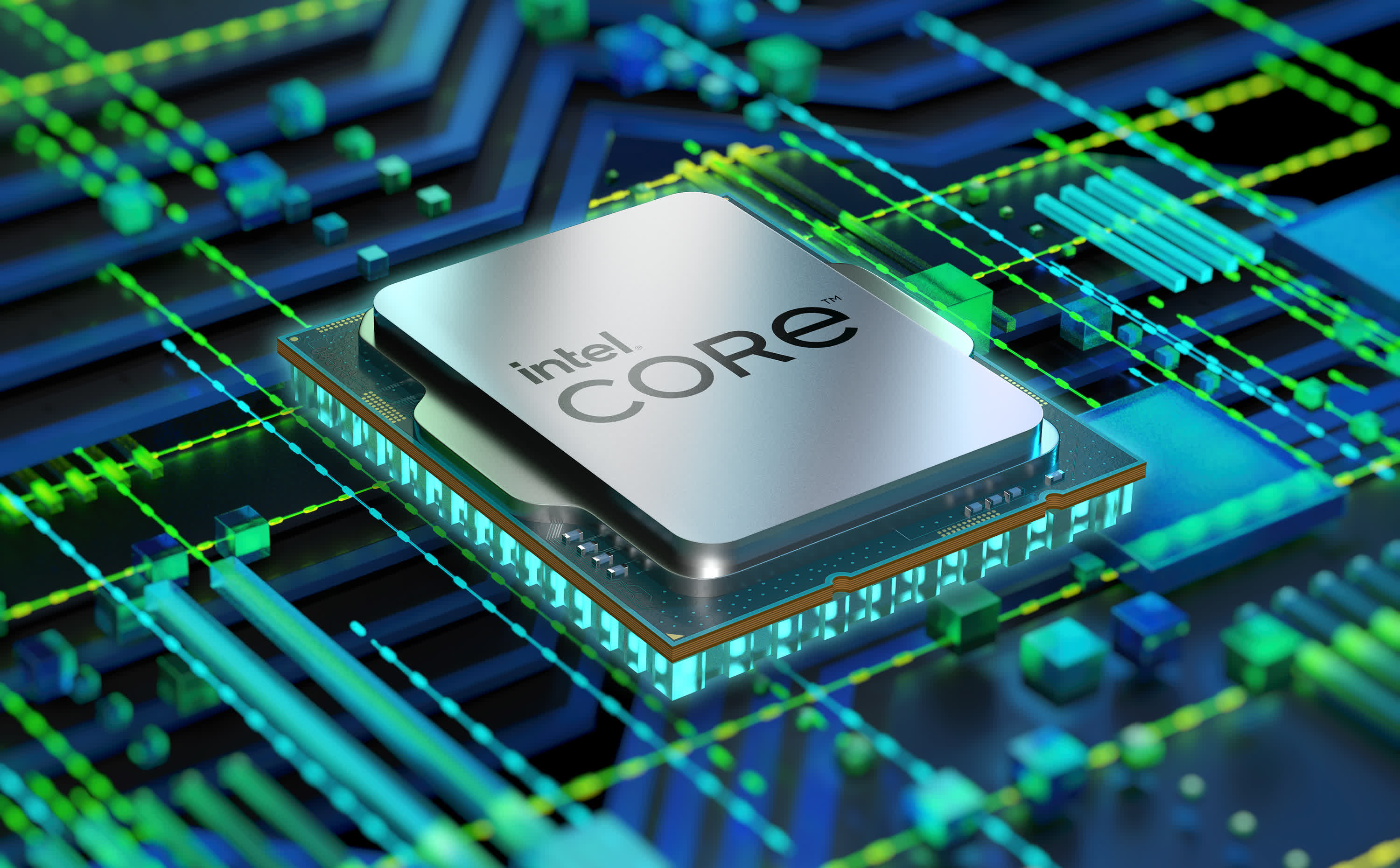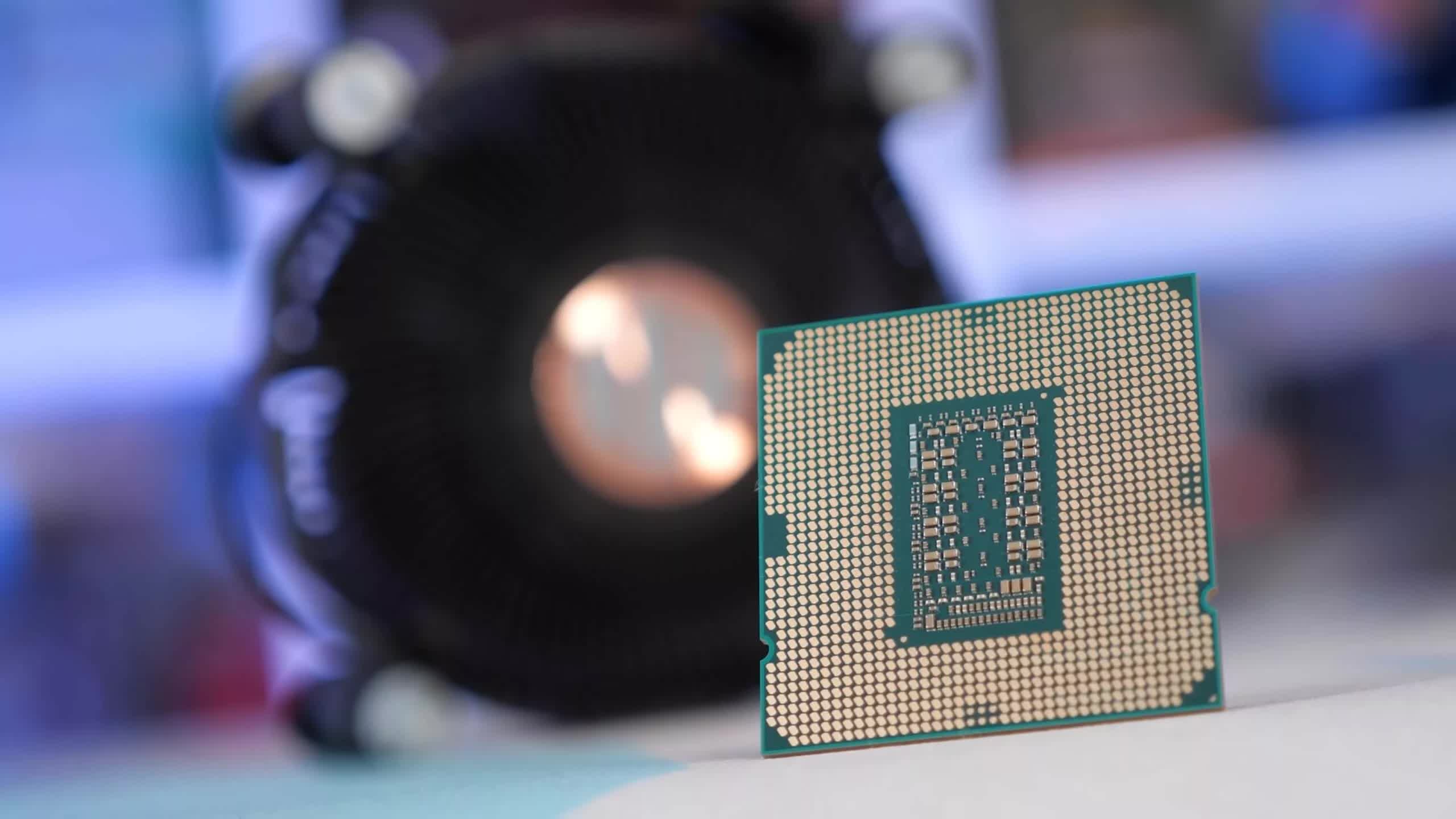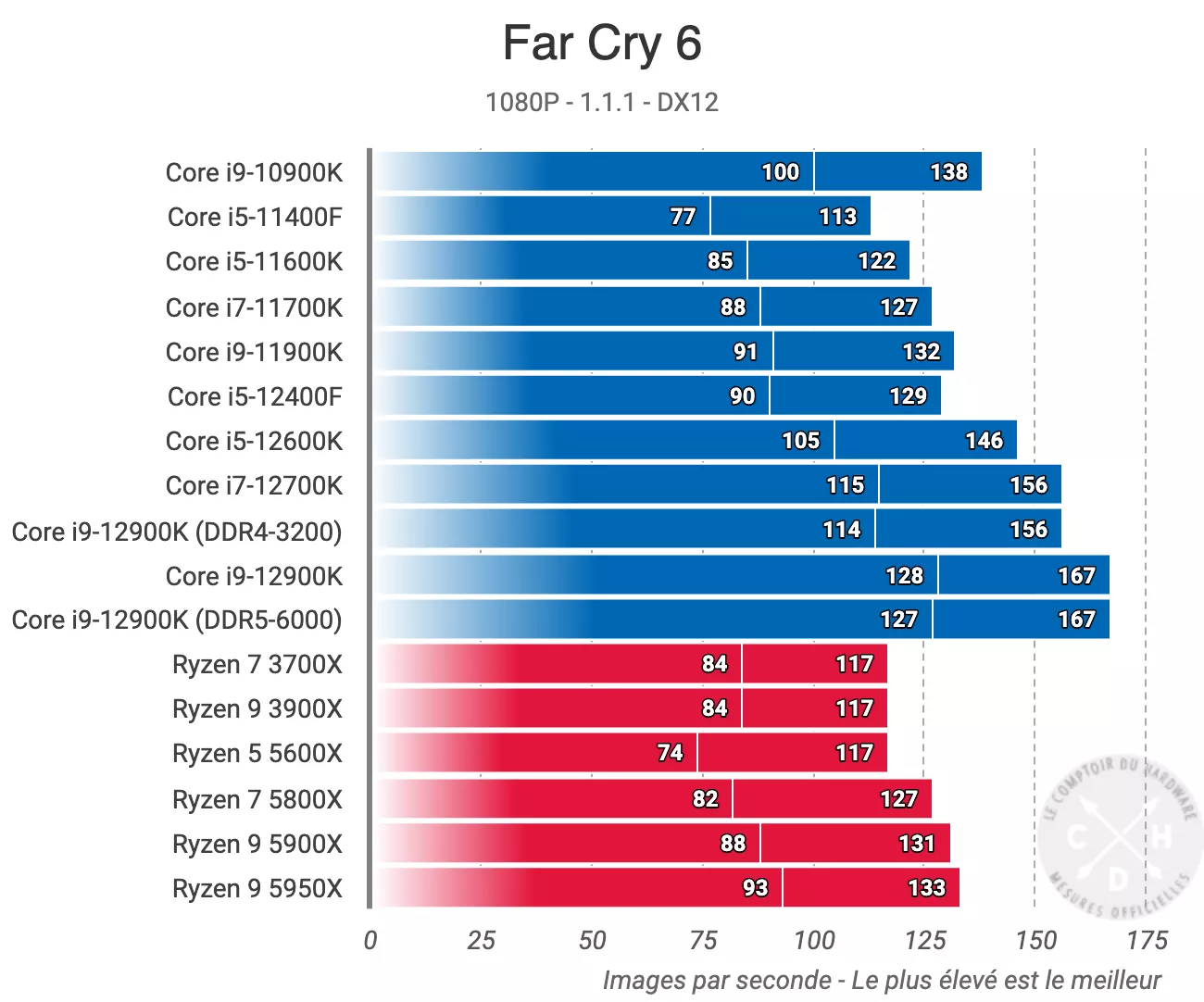Something to look forward to: Intel's latest batch of processors continue to prove that a smaller process node is not always better (albeit necessary). While the Intel 7 process node and big.LITTLE architecture have proven effective on the Core i7 and i9 product lines, Alder Lake's increased IPC and node enhancements are giving Intel's little 6-core processors a very big boost.

French technology site Le Comptoir Du Hardware (The Hardware Counter) recently reviewed several Alder Lake processors (as have we), comparing their performance to other 10th through 12th-gen offerings as well as AMD's Ryzen 5000 series. One of the biggest surprises in their review was the noted performance of the i5-12400F, a six-core/six-thread processor that does not include the typical Alder Lake efficiency cores.
The yet to be released 12400F's performance in synthetic benchmarks, such as Cinebench R23, was surprisingly good. Single core performance reportedly beat out Intel's 10th and 11th gen SKUs including the 10900K and 11900K. Multi-core performance was expectedly lower than many of the other CPUs due to the lower core and thread count. Despite that, the i5-12400F nonetheless managed to best the six-core Ryzen 5600X in many of the review's single and multi-core tests.

Gaming tests were all around favorable, with 1080p performance comparable to and, in some cases ahead of, previous Intel generations, AMD's 8-core 5800X, and even the 12-core 5900X.
The tests were carried out using standard and AAA benchmarking titles including Anno 1800, Cyberpunk 2077, and Far Cry 6. These results are very impressive considering the limited clock speed and boosting behavior of the 12400F engineering sample (ES) that was tested. What the 6-core processor lacks in pure muscle is made up by the new architecture's increased instructions per cycle.

It's hard to make a determination based on one outlet's testing of an ES processor, but the fact that Hardware Counter's findings closely resemble those leaked by Bilibili earlier this year is a promising indicator. If Intel couples this potential performance with an attractive price point, there's a good chance the 12400K will be landing in more than a few gaming rigs around the world.
Tomorrow morning we'll publish our review of the Core i5-12600K which is the more mainstream Alder Lake CPU released so far (spoiler: it does great), so watch out for that.
https://www.techspot.com/news/92110-intel-12400f-punches-above-weight-class-may-serious.html